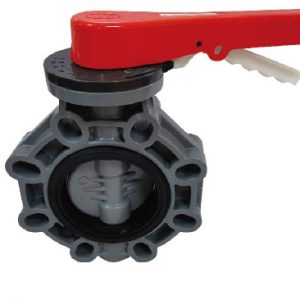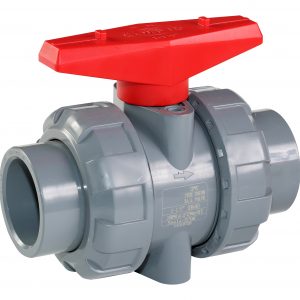Chlorinated Polyvinyl Chloride (CPVC) piping products are used in various industries for several reasons:
- Corrosion Resistance: CPVC pipes are highly resistant to corrosion caused by acids, bases, salts, and other chemicals. This makes them suitable for use in industries where corrosive substances are handled or transported.
- Temperature Resistance: CPVC pipes can withstand higher temperatures compared to regular PVC pipes. They are suitable for applications where hot water or fluids at elevated temperatures are involved, such as in industrial processes, hot water distribution, and chemical processing.
- Mechanical Strength: CPVC pipes exhibit good mechanical strength, allowing them to withstand high pressure and stress. This makes them suitable for applications where high-pressure fluids need to be transported.
- Fire Resistance: CPVC pipes have good fire-resistant properties, making them suitable for use in applications where fire safety is a concern.
- Ease of Installation: CPVC pipes are lightweight and easy to install compared to metal pipes. They can be joined using solvent cement, which simplifies the installation process and reduces labor costs.
- Longevity: CPVC pipes have a long service life and are resistant to degradation from UV radiation, microbial growth, and environmental factors. This results in lower maintenance costs over time.
- Cost-Effectiveness: While CPVC pipes may have a higher initial cost compared to some other materials like PVC or metal pipes, they offer long-term cost savings due to their durability, corrosion resistance, and low maintenance requirements.
Overall, CPVC piping products provide a reliable and cost-effective solution for various industrial applications requiring resistance to corrosion, high temperatures, and mechanical stress.
Showing 1–16 of 484 results
Original price was: $144.16.$108.12Current price is: $108.12.
Original price was: $103.00.$77.25Current price is: $77.25.
Original price was: $192.24.$144.18Current price is: $144.18.
Original price was: $219.72.$164.79Current price is: $164.79.
Original price was: $308.96.$231.72Current price is: $231.72.
Original price was: $377.60.$283.20Current price is: $283.20.
Original price was: $549.24.$411.93Current price is: $411.93.
Original price was: $66.12.$49.59Current price is: $49.59.
Original price was: $48.52.$36.39Current price is: $36.39.
Original price was: $33.08.$24.81Current price is: $24.81.
Original price was: $16.28.$12.21Current price is: $12.21.
Original price was: $189.48.$142.11Current price is: $142.11.
Original price was: $97.04.$72.78Current price is: $72.78.
Original price was: $21.80.$16.35Current price is: $16.35.
Original price was: $568.48.$426.36Current price is: $426.36.
Original price was: $341.08.$255.81Current price is: $255.81.


